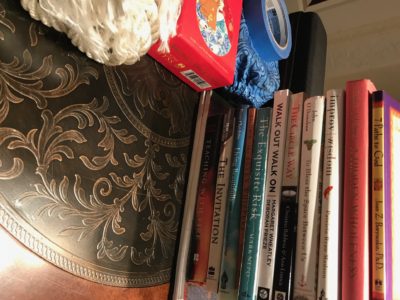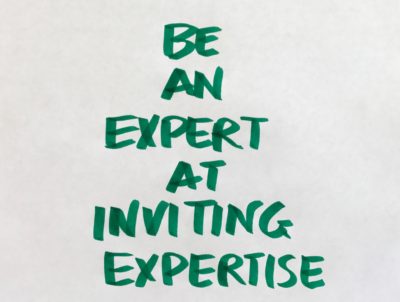
For the last year, a lot of my writing practice has been creating and compiling poems. The poems mostly begin with raw material from my private journal. It’s been sense-making. It’s been healing. It’s been getting the inner to the outer. The title came to me as I was learning to befriend despair, rather than just resist or deny it.
Along the way, a friend encouraged me to consider publishing to book format and harvest. I’m grateful for the support of CentreSpoke Publishing.
I’m excited (and a bit nervous also) to share that a book release is near.
A Cadence of Despair:
Poems and Reflections on
Heartbreak, Loss, and Renewal
I’m awaiting “proof copy” now. Which means that after a few more edits, it’s going to print. Ordering information will be available mid March. As will a website with more info and context.
A Cadence of Despair has some pretty thick and heavy material in it. It’s got the deeply personal that I believe connects to the broader universal. My intent has been honesty. Authenticity. Vulnerability. The chapters follow a progression that descends to shame and grief, peeks up with hints, insights, and friendships. It descends again to loss and fear, to rise again to renewal and new life. I would offer that the descent is as important as the ascent in these journeys of well-being that so many of us seek. I wrote this book (it’s also accurate to say that this book wrote me) originally thinking it was more for men, but I think it is for women also — we are all trying to find our way.
I’m grateful for readers and the praise they’ve offered, which will be included in the book or on the website. Below is a little sample from a few of my writer friends.
From Christina Baldwin, Author of Life’s Companion, The Seven Whispers, Storycatcher, and The Circle Way
In this brave and vulnerable book, Tenneson Woolf illustrates once again that we humans are made stronger at our broken and mended places. His mid-life descent, survival, and ascent into a man still in process is a profound map. We may try to avoid these dark corners, but whatever we, the reader, face will be strengthened by the light he shines.
From Margaret Wheatley, Author of many books including Perseverance, Leadership and the New Science, and Who Do We Choose To Be
Whenever anyone tells the truth about their experience, hiding nothing, we have the chance to recognize the human experience. Dark nights of the soul are an initiation into spiritual wisdom. Dwell with Tenneson in these poems and you’ll know what this means. If you find yourself in these pages, you will have received the gift that Tenneson offers.
From Charles LaFond, Author of Note to Self: Creating Your Guide to a More Spiritual Life
Tenneson has wandered the valleys of grief and the mountains of success. His poetry is a companioning prescription for anyone living life with all of its joys and sadnesses. These poems are soul-food – healthy and healing. Drink deep of these poems and be not alone.
From Ann Pelo, Author most recently of From Teaching to Thinking: A Pedagogy for Reimagining Our Work
In his brave book, Tenneson embodies the courage of vulnerability and the grace of truth-telling. “Be with life,” he writes, and that’s the story he offers us—the story of being with life, in grief and discovery, with companions and alone and, always, with steadfast presence. In his poetry and essays, Tenneson opens his heart to us, and invites us to open our hearts to life.
Excited. Nervous. Grateful. And near.
***
3/17/20 — It’s now live. Please enjoy exploring here and ordering a copy as inspired. With appreciation.


